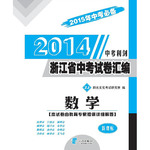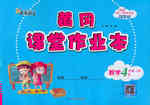题目内容
第三部分:阅读理解
第一节:阅读下列短文,从每题所给的四个选项(A、B、C和D)中,选出最佳选项。
It is a beautiful day in June. The sun is hot. It's time to harvest strawberries (草莓),and the strawberry fields are full of people. These people are picking strawberry. They are not farmers, and they are picking fruit for fun. They can buy strawberries in a supermarket but it is cheaper to pick their own fruit. Strawberries from the farm are also flesher (更新鲜的). Most people also like to pick their own fruit because it is a pleasant way to spend the afternoon.
One little boy is walking between the rows of plants. He is picking the strawberries and eating them as fast as he can. Two young women in pretty dress and high-heeled shoes(高跟鞋)are getting out of their car. Now they are taking off their shoes. These women are taking a break from their work. They want to pick fruit and enjoy the sunshine.
56. What time of the year do the people in the passage pick strawberries?
A. Early spring. B. Early autumn. C. Early summer. D. Early winter.
57. The people in the passage are picking fruit because they are ________ .
A. farmers working all day in the fields
B. looking for a pleasant way to spend the afternoon
C. poor and need the money
D. stealing the fresh fruit
58. The story implies (暗示)that strawberries in the supermarket are ______.
A. larger B. less fresh
C. cheaper D. better for your health
小题1:C
小题2:B
小题3:B
略

练习册系列答案
 中考利剑中考试卷汇编系列答案
中考利剑中考试卷汇编系列答案 教育世家状元卷系列答案
教育世家状元卷系列答案 黄冈课堂作业本系列答案
黄冈课堂作业本系列答案
相关题目